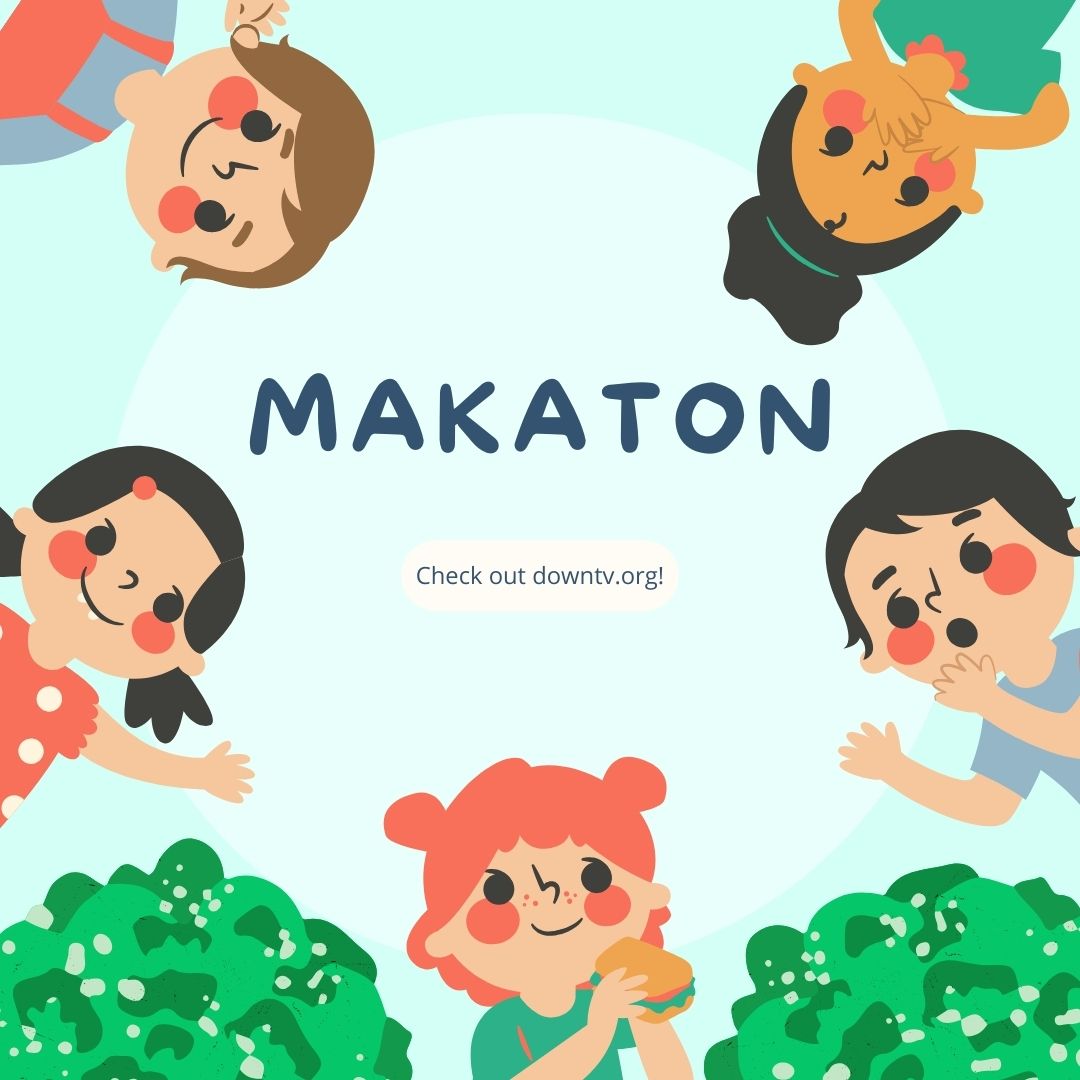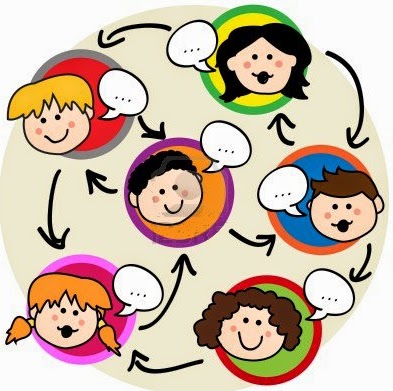The start of the school year is an exciting and expectation-filled time for all children, but for those with Down syndrome, it can be a unique and challenging experience. In this article, we will explore what the beginning of the school year is like for these children, the opportunities and challenges they face, and how we can work together as a society to ensure they have a successful transition into the new school year.
Back to School: A Fresh Start
For children with Down syndrome, returning to school represents a fresh start. Just like their peers, they look forward to the excitement of meeting new teachers, reuniting with friends, and learning new things. However, they also face additional challenges they must overcome to have a successful start to the school year.
Preparation and Support
One key to a successful start of the school year for children with Down syndrome is proper preparation and support. This begins at home, where parents can play a crucial role in their children’s emotional and academic preparedness.
- Setting Positive Expectations: Parents can help their children by setting positive expectations for the new school year. Speaking enthusiastically about the experiences that await them can help reduce anxiety and boost the children’s confidence.
- Practicing Skills: It’s important for children to practice academic and social skills before returning to school. This may include reviewing concepts learned in the previous year and working on social skills like communication and interaction with other children.
- Meetings with School Staff: Before the start of the school year, parents can schedule meetings with school staff, including teachers and support personnel, to discuss their children’s specific needs and ensure appropriate support plans are in place.
Inclusion and Diversity in the Classroom
Inclusion and diversity in the classroom are crucial for the success of children with Down syndrome in school. Educators play an essential role in creating an environment where all children feel valued and respected.
- Curricular Adaptations: Teachers should be prepared to make curricular adaptations to meet the individual needs of students with Down syndrome. This may include modifying assignments, providing additional support, and implementing differentiated teaching strategies.
- Promoting Friendship and Inclusion: Fostering friendship and inclusion in the classroom is essential. Teachers can assign study buddies, create opportunities for social interaction, and teach children strategies for working together effectively.
Supporting Communication and Autonomy
Communication is a fundamental skill in any child’s life, and for those with Down syndrome, it can be an area that requires additional support.
- Speech and Language Therapy: Many children with Down syndrome can benefit from speech and language therapy. This therapy can help improve their communication and expression skills, allowing them to participate more fully in the school environment.
- Fostering Autonomy: Fostering autonomy in children with Down syndrome is important. This means giving them opportunities to make choices, learn self-care skills, and develop a sense of independence.
Emotional and Social Support
The start of the school year can be emotionally challenging for any child, but especially for those with Down syndrome. Emotional and social support is essential to help them cope with these challenges.
- Building Self-Esteem: Educators and parents can work together to build the self-esteem of children with Down syndrome by recognizing and celebrating their unique achievements and talents.
- Support Groups: Participating in support groups and parent networks can be an invaluable source of emotional and social support for both parents and children.
Overcoming Challenges
Despite the many challenges children with Down syndrome may face at the start of the school year, it’s important to remember that they also have many strengths and skills to offer.
- Social Skills: Children with Down syndrome often have a kind and understanding nature, which can make them excellent friends and classmates.
- Persistence: Many children with Down syndrome are persistent and hardworking, enabling them to overcome obstacles and learn new skills.
- Joy and Enthusiasm: The joy and enthusiasm that many children with Down syndrome exude can be contagious and create a positive classroom environment for all students.
The Role of Society
The start of the school year for children with Down syndrome serves as a reminder of the importance of inclusion and equality in our society. Every child deserves the opportunity to receive a quality education in an inclusive and supportive environment.
- Government Support: Governments must ensure that adequate policies and resources are in place to support children with Down syndrome in their education. This includes funding support programs, training educators, and promoting inclusion in all schools.
- Awareness and Education: Society as a whole must work to increase awareness and understanding of Down syndrome. This can help reduce stigma and create a culture of inclusion and acceptance.
The start of the school year for children with Down syndrome is an important moment filled with opportunities and challenges. With proper support from parents, educators, and society at large, these children can have a successful start to the school year and enjoy an inclusive education that allows them to reach their full potential.

















